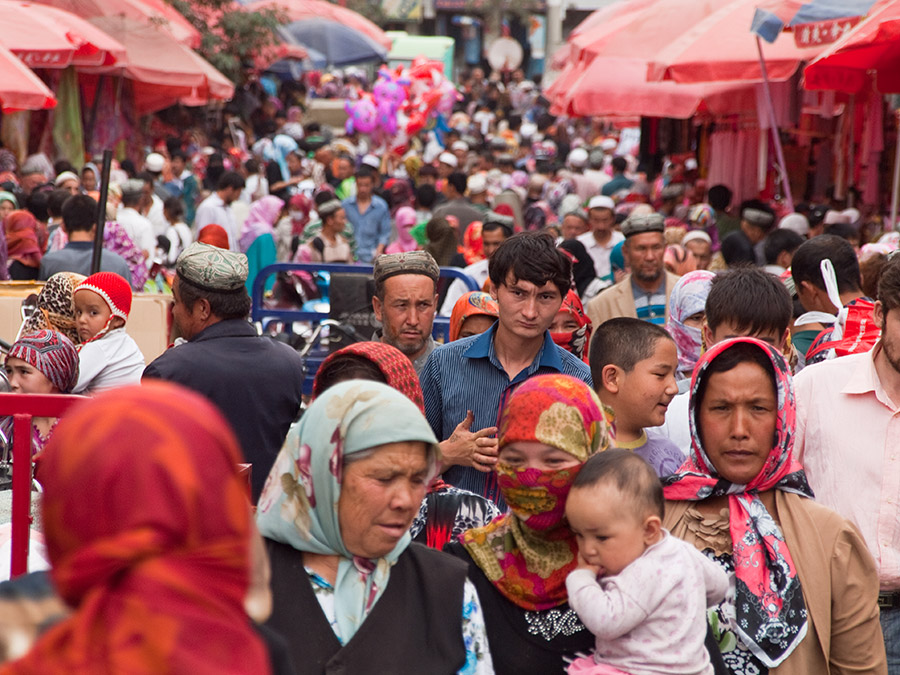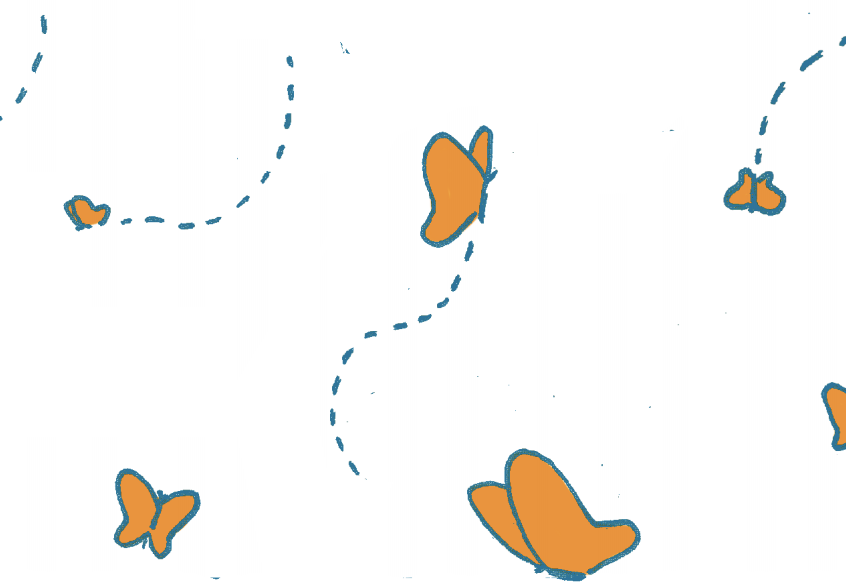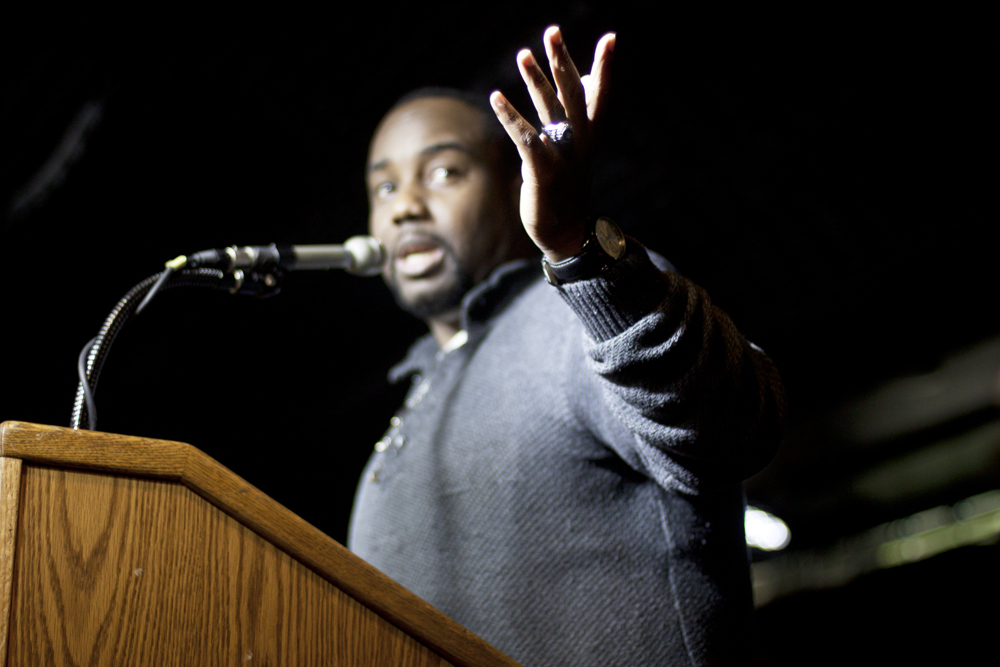Over 20 rights groups rallied in front of the UN headquarters in Geneva on Dec. 10–the 70th anniversary of the Universal Declaration of Human Rights–to protest the persecution and “cultural erasure” of ethnic Uyghurs and other minorities in China.
The group stated the Uyghur situation “surely qualifies as one of the most audacious and outrageous assaults against a people, anywhere in the world,” and called on the international community to “stand up against China.”
Uyghur people native to Xinjiang are a Turkic-speaking Muslim minority with a population of around 8 million of the 19 million people in the region. More than 800,000 Uyghurs have been detained in so-called re-education camps since April 2017 along with an estimated 2 million other Turkish minorities in the Xinjiang Uyghur Autonomous Region of China.
Human Rights Violations
A UN human rights panel presented in August reports more than 1 million people being held in so-called counter extremism centers in Xinjiang, as reported by The Intercept.
United States lawmakers Marco Rubio and Chris Smith, who head the bipartisan Congressional-Executive Commission on China with the aim of monitoring human rights abuses within the country, recently released their Annual Report for 2018 in October. The 318-page document details extensively the state of human rights in China with an emphasis on XUAR.
“Individuals may be detained for a number of reasons, including frequency of prayer, expression of ‘politically incorrect’ views, history of travel abroad and connections with people outside of China,” it stated. “Detentions appear to be indefinite in most cases…Security personnel have subjected detainees to torture (including the use of interrogation chairs called ‘tiger chairs’), medical neglect and maltreatment, solitary confinement, sleep deprivation, lack of adequate clothing in cold temperatures and other forms of abuse. Reports have also emerged of a number of deaths in the camps.”
Omar Bekali, a Kazakh minority resident of Xinjiang broke down in tears during his interview with Jordanian news outlet Al Bawaba as he described conditions inside the camps. “The psychological pressure is enormous, when you have to criticize yourself, denounce your thinking — your own ethnic group,” he said. “I still think about it every night, until the sun rises. I can’t sleep. The thoughts are with me all the time.”
According to The Guardian, the camps are a product of China’s “strike hard” campaign aimed at instilling stability to the XUAR that has seen separatist movements, protests and spikes in violence since 2009. The campaign has become known internationally for its alleged use of extrajudicial detentions, mass surveillance, political indoctrination branded as “re-education,” torture and abuse to root out extremist elements, according to a growing body of evidence including witness accounts, media reports, government documents and satellite images.
The Uyghur minority has also been subjected to physicals as a part of a biometrics collection initiative under the Population Registration Program. According to Human Rights Watch, the exams are mandatory for all residents of Xinjiang aged 12 to 65. Furthermore, “focus personnel”—anyone the government deems a threat to public security—and their families are forced to undergo the exam, regardless of age.
“Xinjiang authorities should rename their physical exams project ‘Privacy Violations for All,’ as informed consent and real choice does not seem to be part of these programs, said China Director of Human Rights Watch Sophie Richardson. The mandatory databanking of a whole population’s biodata, including DNA, is a gross violation of international human rights norms, and it’s even more disturbing if it is done surreptitiously, under the guise of a free health care program.”
China had initially denied the existence of the camps, stating only religious extremists were undergoing re-education. However, now their government claims the camps hold people convicted of petty crimes for the purpose of vocational training as well.
State Denial
Shohrat Zakir, chairman of the XUAR government and ethnic Uyghur, gave an exclusive interview to China’s state-run news outlet Xinhua in October. Zakir defended the camps as successful in mitigating extremism. “Xinjiang has launched a vocational education and training program according to the law,” he said. Its purpose is to get rid of the environment and soil that breeds terrorism and religious extremism and stop violent terrorist activities from happening.”
He also said those held in re-education camps were grateful for the experience, “Many trainees have said that they were previously affected by extremist thought and had never participated in such kinds of art and sports activities, and now they have realized that life can be so colorful,” Zakir said.
The interview serves as one of the most detailed accounts of the camps, which has been criticized as part of a propaganda campaign to counter increasing international interests in the region. Richardson noted Zakir’s failure to address concerns over “mass arbitrary detention, pervasive restrictions on religious freedom and repression,” saying the only way for the Chinese government to gain credibility is by “releasing all the detainees and closing all camps, not by doubling down on propaganda campaigns.”
Tibetan Parallels
Communist Party Secretary Chen Quanguo, known by some as the man who silenced Tibet, is spearheading the “strike hard” campaign. Before his appointment in Xinjiang in 2016, Chen served as party secretary in Tibet where he instilled control in the region through policies of mass surveillance and increased police presence.
In 2016 alone, he saw to the construction of 700 “convenience police stations” in the XUAR as reported by Al Bawaba. Xinjiang currently has 323 mini police stations per 100,000 citizens, which occur in regular intervals in a grid system. In comparison, Tibet has 216 mini police stations per 100,000 residents.
The U.S.-based International Campaign for Tibet issued a report on Dec. 10 identifying Chen as the architect behind the “strike hard” measures implemented in XUAR and modeled off Tibet, “his previous post and the base where he tested and perfected a policy of securitizing ethnic identity.”
“In securitizing ethnicity and framing Tibetan ethnicity and cultural identity as a threat to China’s national security, Chen sought to legitimize the use of extraordinary rule-breaking measures to manage the TAR,” the report said. “The network comprised two key instruments to instil fear and reinforce the assimilation project: 1) a militarized grid surveillance system and 2) coercive measures such as torture and collective punishment.”
Delegates from 15 Western countries stationed in Beijing are seeking to meet with Chen over the alleged human rights abuses against the Uyghur minority. However, as of Dec. 4, China had blocked Commissioner for Human Rights Policy and Humanitarian Aid Bärbel Kofler–Germany’s top human rights official–from entry into Xinjiang province.







Human Rights freedom is by far the most important commodity a human being should have . No human should use force on another to change their cultures or religion.